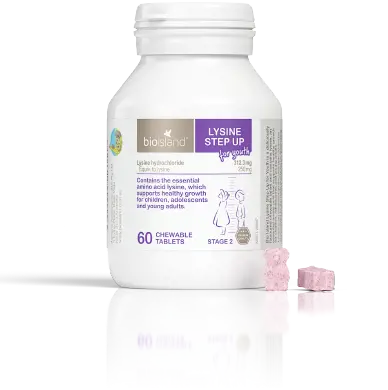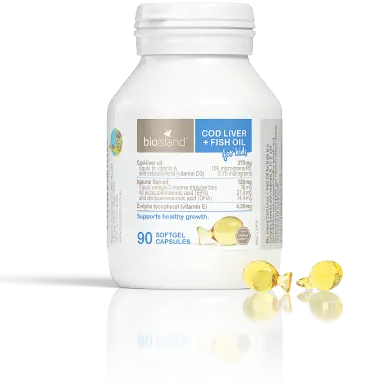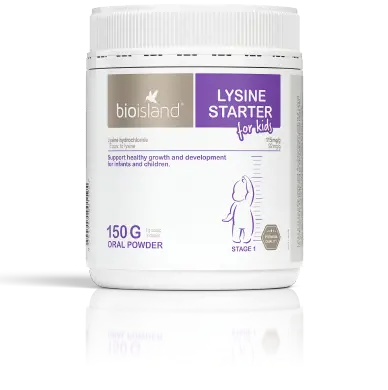
Hygiene 101 – How to stay germ free and survive public areas.
Germs are on your hands can get inside your body through contact when you touch your eyes, nose or mouth.
Healthy Living
By Bio Island Nutrition Team
You may be surprised by the number of people that do not wash their hands after visiting the restroom, or who sneeze without covering their faces. Public places can be high risk areas for the infestation of germs, which you can easily contract when touching objects and other people. Once these germs are on your hands they can get inside your body through contact when you touch your eyes, nose or mouth.
Here are some simple steps to help keep you safe from germs:
Wash your hands – this is the most important one. It is extremely important to make sure you wash your hands regularly with soap as your hands are the main carriers of germs and contamination. The most important times to wash your hands are when preparing food, before eating food, when around sick people, after using the bathroom, after touching public objects and spaces such as ATMs, buttons, switches, buses, trains, etc and also after touching animals. It is also just as important to wash your hands correctly, ensure you wash your hands with warm soapy water for at least 20 seconds, interlacing your fingers, and make sure you do not miss your thumbs or wrists.
Cover Sneezes and coughs – to stop the spread of germs it is important to cover your mouth and nose with a tissue or handkerchief; this stops air borne particles spreading as far or onto other objects or people. If you do not have one of these items on you it’s important not to sneeze into your hand but onto your upper sleeve or elbow. Once you have sneezed into a tissue it is important that you discard it immediately into a bin properly, and you wash your hand thoroughly or use hand sanitiser.
Make sure to keep your nails trimmed and cleaned. Bacteria and germs can stick underneath your nails which can carry on germs to someone else, or you can consume when biting your nails or touching your face.
Sleep tight – this one may sound a little unusual. How does sleep relate to proper hygiene? When we are getting 8 to 10 hours of sleep a night this allows our body to not only to repair overnight, it strengthens our body’s natural defences, like our immune system.
If you are unwell to minimise spread of germs stay at home or go to the doctors, as mentioned above you should rest up. If you visit public areas whilst sick, you are potentially spreading germs to people who have a risk of serious illness or onto large groups of people. There are many online services available that make it easier for you to stay at home, whilst still having all the essentials.
Not sharing cups, cutlery or drinks is another way of reducing the spread of illnesses. This also relates to proper hygiene at home and in the workplace, to make sure all shared utensils are cleaned appropriately and with soap and boiling hot water.
Washing your clothes regularly helps in a few ways, first if you are sick any contaminated items should be washed regularly to help stop the spread of germs. If someone has been sick and touches you or your clothes, they may transport germs onto you without you knowing. Don’t forget to wash items such as scarves, coats and gloves regularly during the cold and flu seasons.
This information does not take into account your personal situation and is general in nature. You should consider whether the information is appropriate for your needs and seek professional medical advice.
Always consult your healthcare professional before taking any supplements or if any concerns arise.






